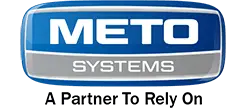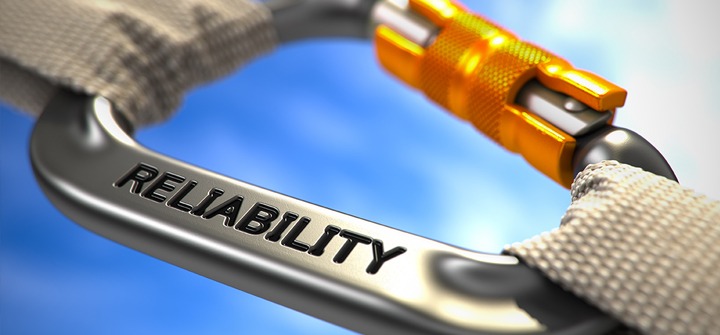Downtime due to equipment failure is one of the biggest headaches manufacturing plants cannot afford. The loss of just one piece of equipment can halt an entire production line and lead to product loss and revenue loss.
If your maintenance crews are constantly fighting fires due to equipment failure, it isn’t easy to achieve excellence. Most manufacturing plants face issues that impact reliability, throughput, and uptime.
Manufacturing problems can take many forms. Poor performance and equipment failure can spoil batches and even shut down a production line. At the same time, inconsistent maintenance of equipment can perpetuate inconsistent performance. Unexpected asset failures, negligible performance, poor maintenance planning, and untimely follow-through can all result in shutdowns and material and product losses.
What is production reliability?
The measurement of the efficiency of individual machines on the production line, along with the dependability of the different manufacturing processes, is referred to as production reliability.
When production reliability is high, the manufacturing equipment does its job well by producing products at a predictable rate.
The most minor issues with production equipment can cause some of the biggest problems with production rates, equipment failure rates, and product quality, negatively impacting production costs.
Why is reliability important in production?
Increased manufacturing reliability will increase product throughput and reduce the time between incoming raw materials to the finished product. Better reliability is the foundation for a faster and safer manufacturing flow.
How can you improve your production reliability?
Here are three ways companies can improve production reliability:
- Establish reliability-centered maintenance that provides a logical and structured framework to identify critical organizational assets, understand the effects of their failure, and select the most cost-effective maintenance methods to minimize those effects.
- Focus on failure elimination and preventive maintenance instead of just focusing on corrective measures.
- Write standard operating procedures with detailed instructions that outline how to perform specific tasks. This can help your staff to avoid mistakes and perform their work consistently.
Where can you purchase high-performing, reliable manufacturing and handling equipment?
For over 50 years, METO Systems has been a leading supplier of process and material handling equipment for various industries, including pharmaceuticals, fine chemicals, nutraceuticals, and food. We design and manufacture state-of-the-art stainless-steel material handling and processing equipment for a wide range of industrial processing and manufacturing applications.
Whether you are looking to upgrade a single piece of equipment for an existing production line or are developing a new manufacturing process, our engineering staff can provide expert insights and guidance on product and systems selection. Our equipment is designed to run 24/7/365 with minimal routine maintenance for a lifetime of reliable service.
METO Systems assists with equipment installation, machinery start-up, and operator training. We provide ongoing and preventative maintenance support. All service personnel are fully qualified and factory trained. In most instances, our technician is dispatched directly from our factory in New Jersey and will know your machine from the start of its assembly. We strive to provide the best-in-industry customer response times. Often our technicians can arrive the same day or the next day for emergency service calls.
For more information about our products and services, please get in touch with our sales team at 201-405-0311 or visit our contact page.


